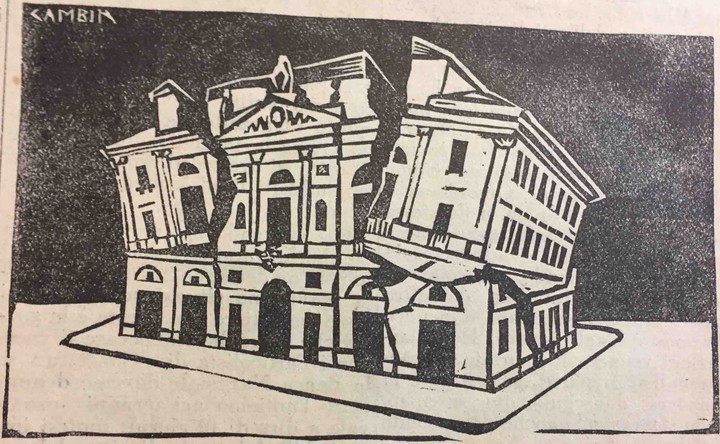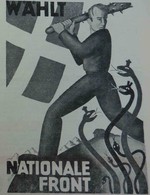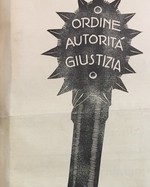Education & interwar fascisms
 Archivio di Stato, Bellinzona.
Archivio di Stato, Bellinzona.
In the last few years, several studies have disclosed similarities between different interwar fascist regimes and movements across Europe. The literature also shows how these regimes’ and movements’ mutual relationships and exchanges shaped their ideology and practices. Fascist movements all over Europe founded their political preferences and policies on the principles of the (racial) superiority of the native monistically conceived Volksgemeinschaft, as well as a preference for authoritarianism and a strong leadership over liberal democracy. In this contexts, educational institutions, from the family, to youth organisations, to schooling, were considered crucial, as they provided a theatre in which of a strong, healthy national community could be moulded.
In this ongoing project, colleagues and I aim to integrate this novel conception of pre- and interwar fascism into the study of the history and politics of education. The project has brought together scholars interested in the educational ideas and practices of authoritarian regimes and movements across Europe, focussing specifically on countries outside of the traditional – and well-studied – cradles of interwar fascism. Its results are documented in a number of articles that discuss the educational ideas, policy preferences, and politics of Swiss interwar fascism as well as a forthcoming special issue that brings together articles from different European areas. All these studies provide vivid demonstration how, the proliferation of fascism in the 1920s and 1930s stirred new dynamics in education circles across Europe and forced them to take a stance.
Publications
How to educate an authoritarian society: conflicting views on school reform for a fascist society in interwar Switzerland
Nativist authoritarian far-right flirtations with progressive education: exploring the relationship in interwar Switzerland
Zwischen Pädagogik und Revolution. Pädagogische Vorstellungen und Praktiken des schweizerischen Frontismus der 1930er-Jahre
In German.
In this chapter we explore the educational engagement of Swiss interwar fascist organisations and discuss potential avenues …


